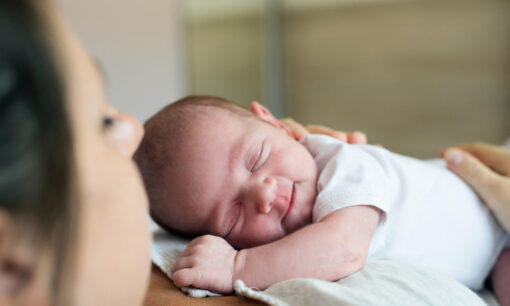By Damali Keith
November 24, 2015
HOUSTON (FOX 26) – Some call it a medical miracle, freezing reproductive eggs for years on end, giving women the option to have babies later in life. “I have five siblings,” says former FOX 26 anchor/reporter Katie McCall. “I have forty-two first cousins. With a family that size, having children is just what we do.” McCall has many nieces and nephews. She isn’t a mommy at the moment, though she really wants to be.
“There’s no better feeling than the love of a little child, nothing like it in the world,” says McCall. Like many women, she reached her mid 30s and reality struck. “It dawned on me at a certain point that I hadn’t met the one.” Because of that, she decided to freeze her reproductive eggs in 2010.
“Some of my friends thought I was nuts, I mean, just thought I was absolutely crazy and they were like, ‘I would never spend that money on that.’ One of those people just did it years later,” says McCall with a laugh.
“I think with a lot of new technology a lot of people are squeamish,” explains Memorial Hermann reproductive endocrinologist Dr. Timothy Hickman, who also serves as the medical director at Houston IVF. The first frozen egg baby in the world was born in 1985, but doctors couldn’t keep the eggs from breaking until 2008 when a group in Japan revolutionized vitrification.
“It’s a snap freeze process,” explains Dr. Hickman. “In other words the egg will freeze immediately so ice crystals do not form inside and break up the cytoskeleton inside.”
”This is a really personal thing, right?,” asks McCall. “Nobody wants to talk about stuff like this, but I really wanted people to know this is an option for you. It’s an option that she may not have to use. She’s now engaged to be married. McCall and her future husband will try conceiving naturally, but the eggs are there just in case.
“I look at it this way — we all buy car insurance,” says McCall with a smile. “We buy it, not because we think we’re going to crash our car but just in case we crash our car.”
So why freeze eggs?
“Because as age increases, the percentage of eggs that are abnormal increases,” explains Dr. Hickman, who adds that the ideal age range for women to freeze their eggs is between 30 to 35 and no later than 38 years old.

